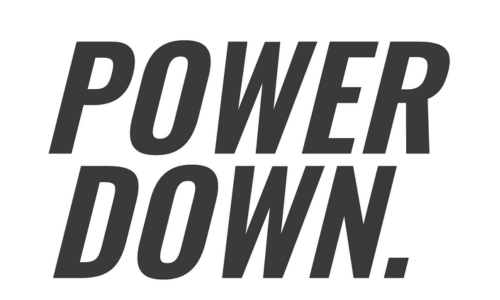The Woes of Surveillance Capitalism

Every time you unlock your phone to “check something real quick,” you enter a casino built by engineers. You know this. You’ve read the articles. You’ve watched The Social Dilemma.
You probably even have a meditation app somewhere on page three of your home screen. But none of it changes the fact that your phone still owns you.
And here’s the part no one wants to admit: mindfulness can’t fix this.
We’ve been sold the idea that inner peace is a sufficient defense against a system designed to fracture our attention.
That if we just breathe deeply, set a few screen time limits, or do a digital detox weekend, we’ll magically become immune to the pull of the feed.
But wellness tools, while helpful, are no match for an infrastructure built to override them.

This isn’t to say mindfulness is useless.
On the contrary, awareness is the first line of defense. But treating it as the only solution is like bringing a yoga mat to a knife fight. It personalizes a problem that’s structural.
It puts the burden back on the user—you should just be more present—while letting the systems doing the damage off the hook.
The truth is, we can’t meditate our way out of surveillance capitalism. We need better boundaries, yes.
But we also need regulation. Design standards. Collective refusal. We need to stop blaming ourselves for being “distracted” and start naming what’s actually happening: extraction.

So yes—keep meditating. Or start if you haven’t. But more importantly, begin to focus on the structural shifts that actually support long-term change.
Uninstall the apps that treat your attention like raw material. Put your phone in a drawer.
Opt out of the game, just a little more each day.
In health,
Power Down
